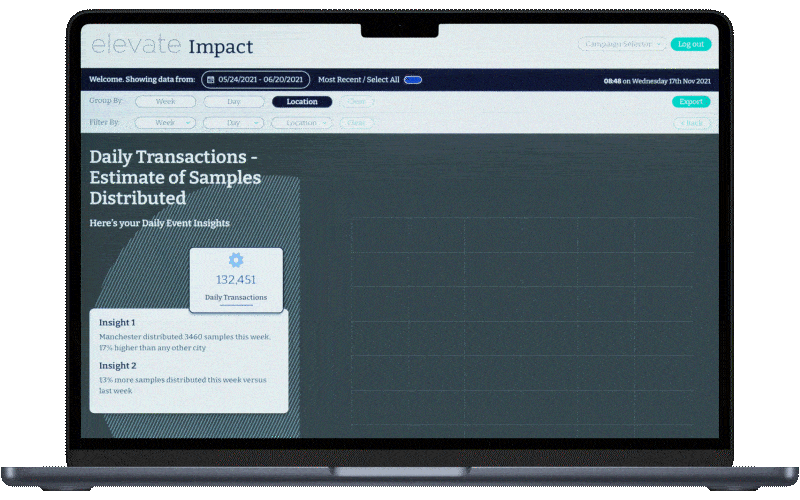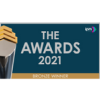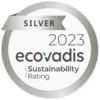“The team were absolutely brilliant, and a real credit to Elevate. I know it’s an intense week popping up and moving around the country, but everyone turned up with a smile on their face every day and really represented MINI Big Love. I know that Joe was thrilled too, the Joe Wicks team have shared lots of comments from their Instagram.”
“We thought the team were amazing – thank you so much! We couldn’t have asked for a better Kylie Glam Squad and Chyna was fantastic. Their energy was just what we needed to make this a huge success and it really was even without the VIP event. We had approximately 3,451 visitors and sales were brilliant.”
“Elevate have been my go-to agency for the last 3 seasons of F1. With so many things up in the air the quality and dedication of their staff are the one thing I can rely on…”
“Elevate was one of the best on-site activation marketers we’ve ever worked with. They were passionate and attentive at every step of the way – training, promoting, sharing customer feedback…’’
“The Elevate team are absolute professionals and their staff have become a memorable aspect of the Oculus demo experience. Elevate has done more than provide staff. They have worked tirelessly with us to grow a program that is now a critical part of the Oculus organization.”
“After working with multiple staffing agencies, we reached out to Elevate and stopped looking elsewhere. As a key growth driver of our national program, the event staff Elevate provides are head and shoulders above the competition.”
“Finding the right Glory Girls on a global scale was hugely integral to our consumer engagement activities. Elevate helped us find the right staff that were so much more than promo girls – they learned, lived and breathed the brand, which translated to natural and amazing outreach.”
“In the highly competitive world of experiential staffing, Elevate stands head and shoulders above other agencies. Elevate are much more than just a supplier, they are a strategic partner whose expertise is invaluable for running effective, efficient and successful campaigns.”
“Our COGS Awards event is always pretty full on, but this year Elevate Staffing provided incredible staff who not only wowed our guests, but made the run of show better than ever. When it comes to event staffing agencies, not all are created equal!”



















